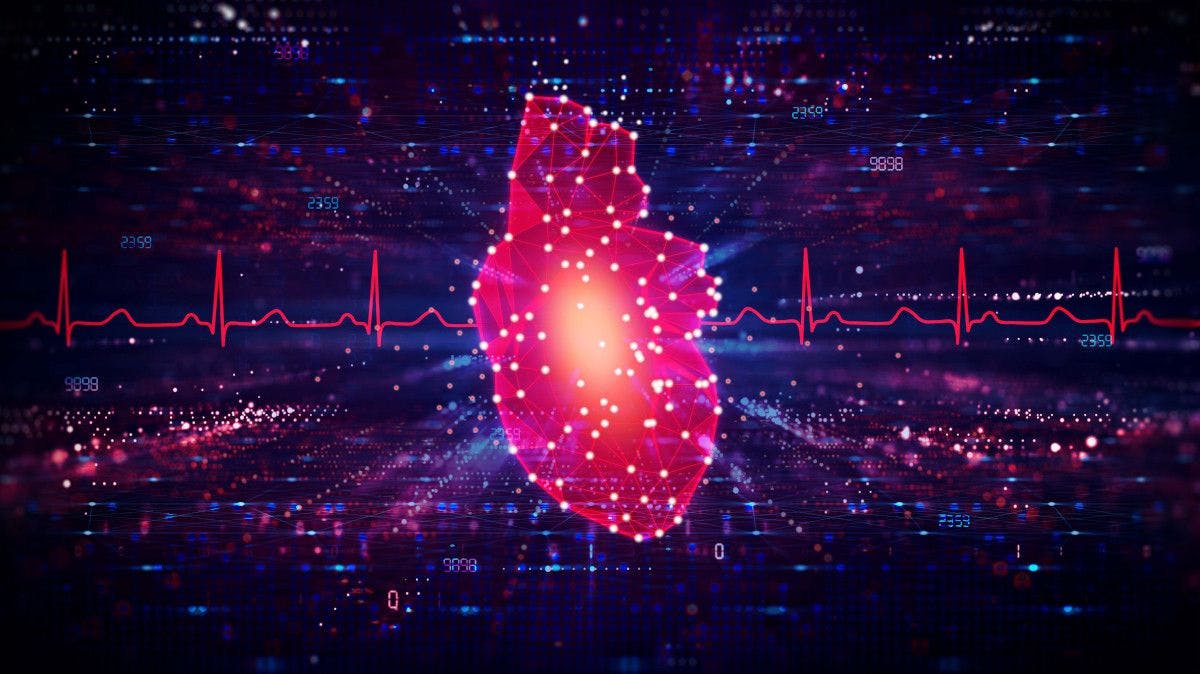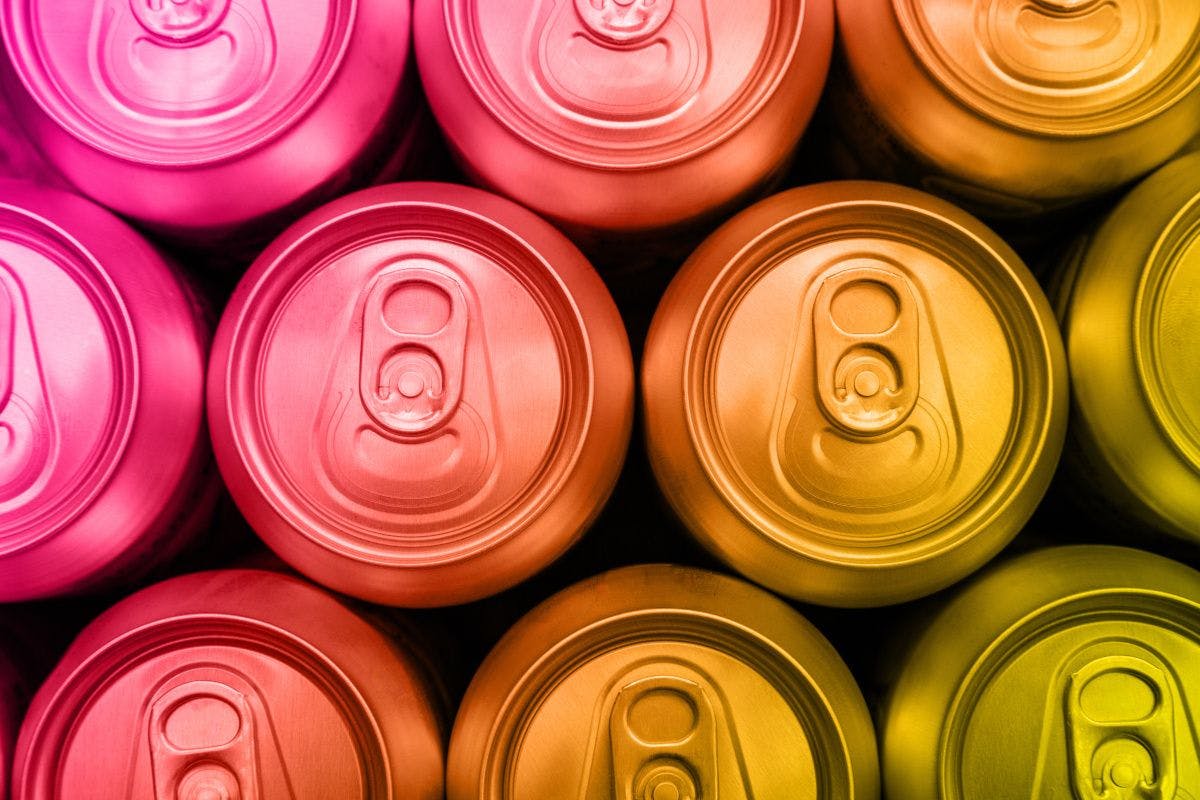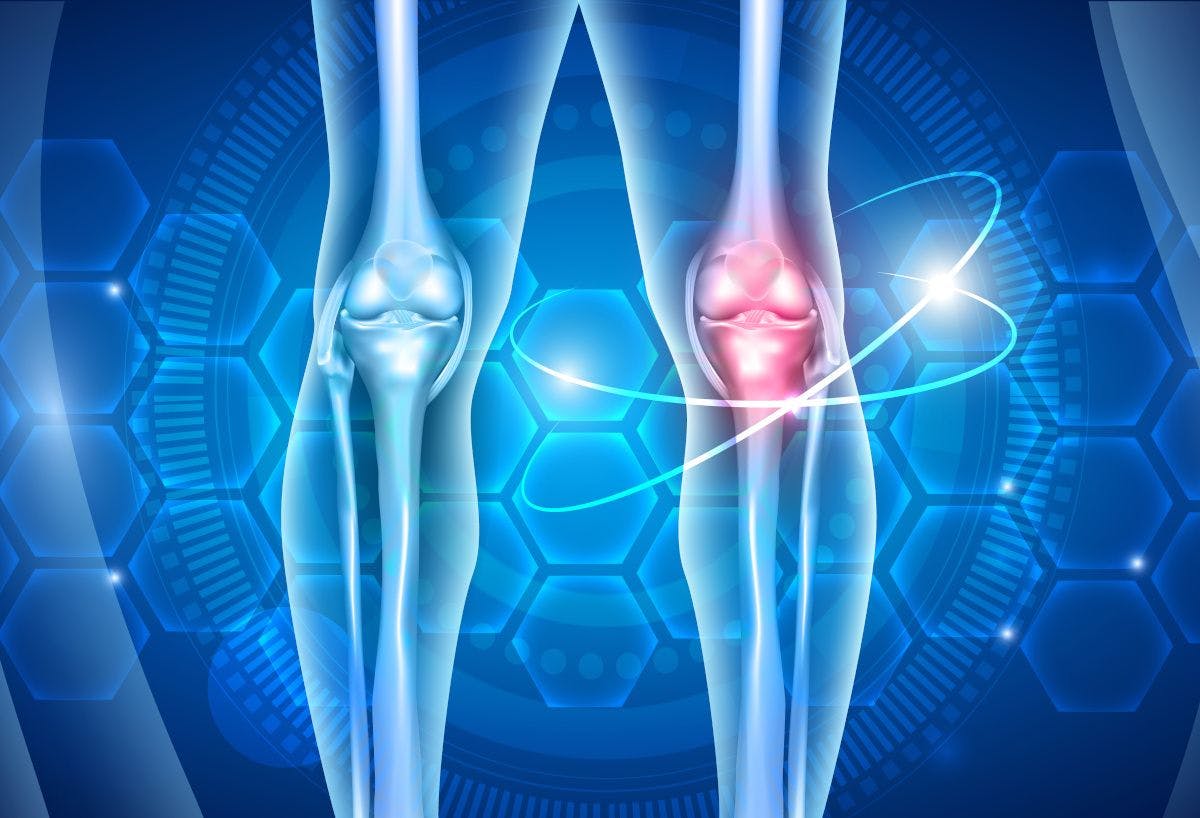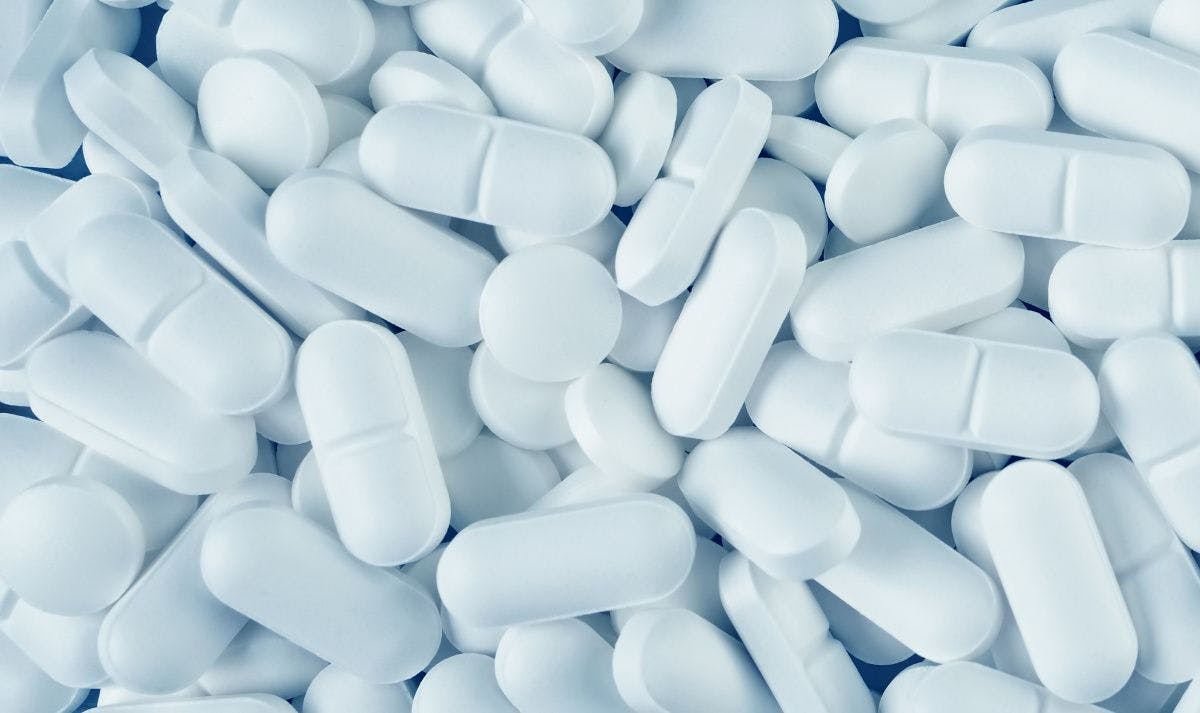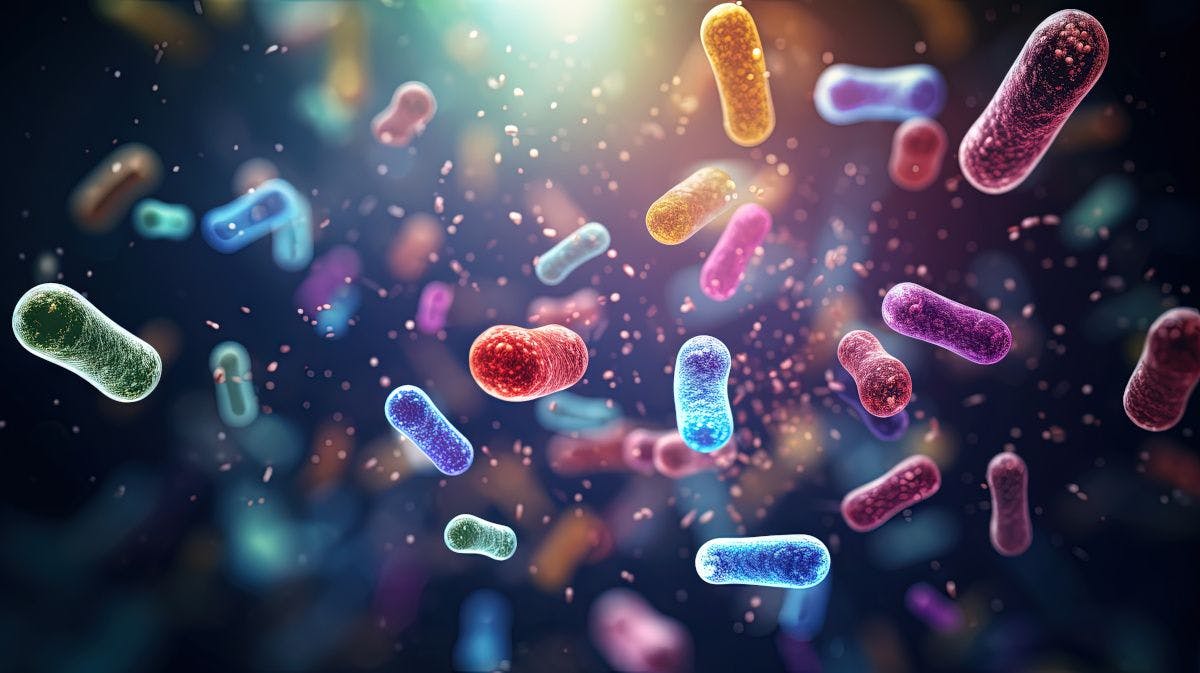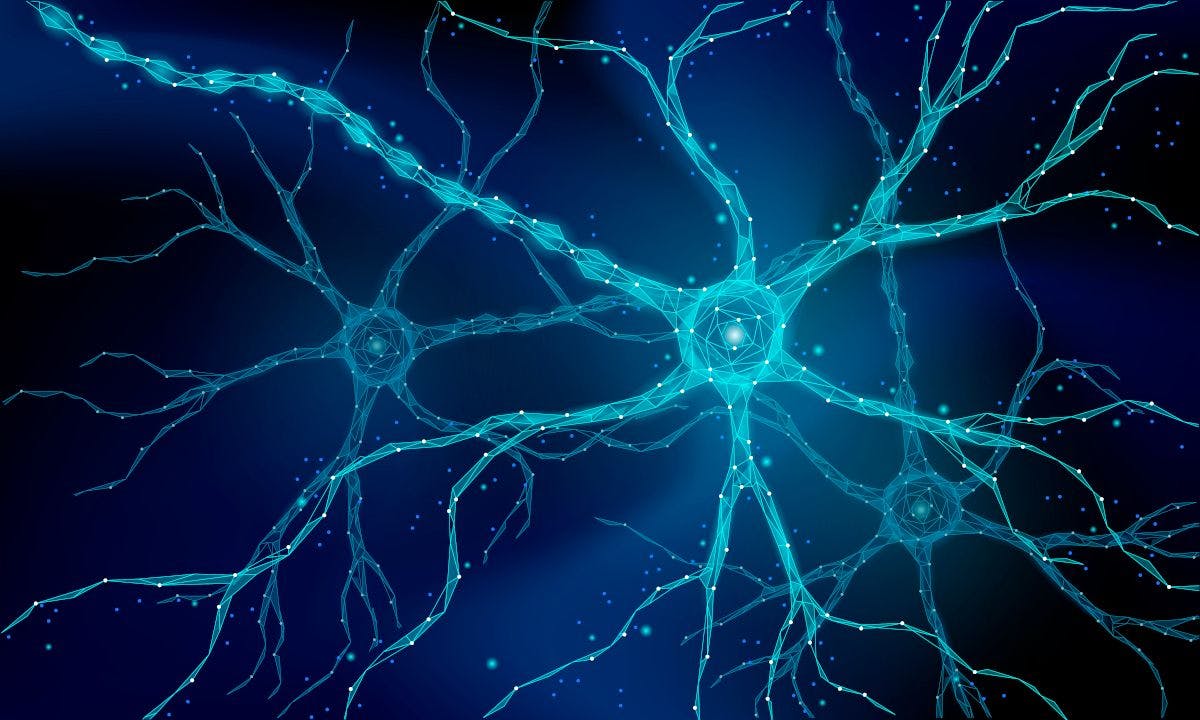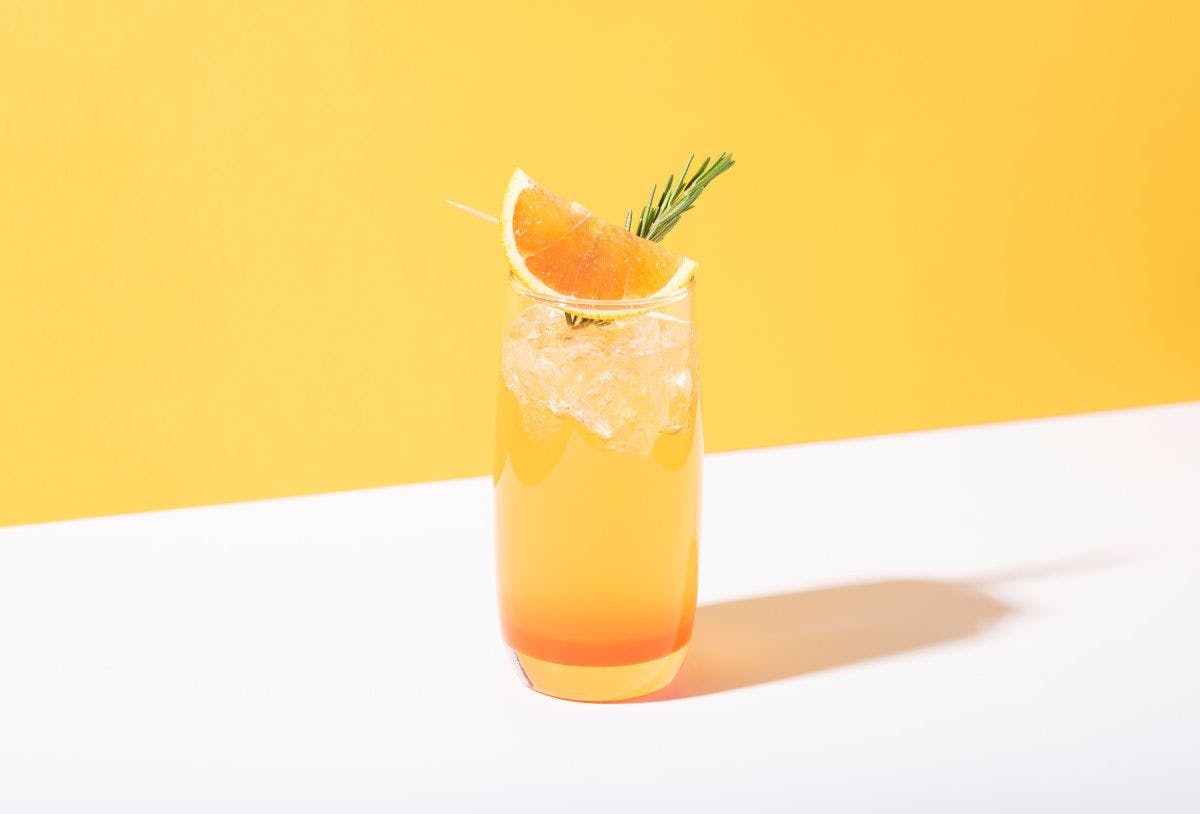Adding value to energy products with other brain health benefits
Consumers are seeking benefits beyond energy such as focus and stress relief.
Photo © AdobeStock.com/LuckyStep
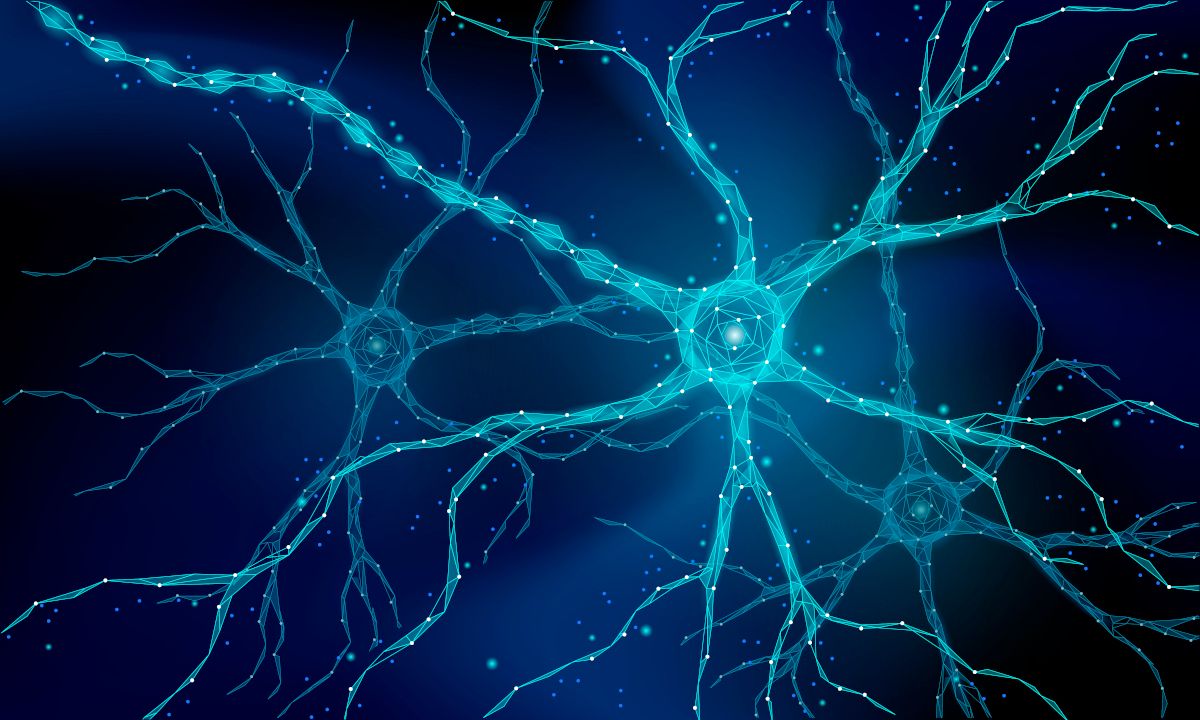
Energy is not enough. Waking up is one thing but being able to focus and be productive is another, and that is what consumers are looking for. The common word used to describe products that improve our cognitive performance is “nootropic.” The term was originally coined in the early 70s to describe substances that “activate cognitive functions, such as memory and learning, especially in situations where these functions are impaired.”1 The substances that can fit into the nootropic category are broad and there is no standardized system for categorizing ingredients as nootropics. Another term growing in profile is “adaptogen” which is associated with stress management and resilience against fatigue, both physical and mental. Both concepts are complementary to energy claims as consumers seek more holistic solutions, but like with energy, consumers expect to feel results.
Based on data from SPINS, the 52 weeks ending December 3, 2023, the energy category is among the top selling of the mainstream multioutlet channel with nearly $1.1 billion in sales. The cognitive health category also ranks in the top ten with $328 million in sales. Nutraceutical ingredients like L-theanine, ashwagandha, and lion’s mane are already finding their way into the energy drink space, offering added value. Additionally, because consumers want tangible results, brands are putting a greater focus on science to prove the benefits on their products. Very recently, PepsiCo’s Rockstar Energy launched a marketing campaign promoting the sustained mind-body energy of its products based on a clinical study the brand conducted.
“The study validated that our proprietary energy formula, with at least 160 milligrams of caffeine, optimally delivers the function and benefit the consumers desire, which is steady energy for both their mind and body for up to five hours,” explains Danielle Barbaro, PepsiCo’s vice president of North American Beverage R&D. “Essentially, we looked at blood plasma levels and participants’ self-reported measures of both alertness and tiredness over the course of 12 hours. With nearly 80 individuals...with the alertness and tiredness measures we were really able to see these terms are interconnected and inversely related. So, the more alert our subjects, the less tired they became. This study was proven by statistical confidence that at one hour they peaked with their most energy or sustained energy, and that happened over the course of five hours.”
Energy drinks are not new to the market, and consumers are no stranger to the brand Rockstar, so what motivated PepsiCo to substantiate Rockstar’s energy formula?
“We’re constantly looking at the varying needs of our consumers and when we were talking to consumers and trying to really get under the hood of what’s going on in the energy category, they were saying they don’t want energy that feels like a roller coaster. They were really looking for a sustained boost of energy and energy they could trust,” says Barbaro. “And the research that there is out there is sparse and doesn’t tell the whole story over a long period of time of what happens with the metabolism of these energy products. So, we took it upon ourselves as Rockstar Energy, with our standards being really high from a quality and safety perspective to conduct this study and we wanted to make sure that we substantiated it through facts and data and with the latest in science.”
Science in marketing can be such a powerful tool for brands because it builds trust. And when it comes to claims such as focus or stress management, it’s important to know if the product works as advertised in order to bring in and retain customers. Among the fastest growing ingredients in the cognitive health category of the mainstream multi-outlet channel are bacopa and mushrooms, with 73% and 115% sales growth, respectively, according to data from SPINS. Within mushrooms, lion’s mane in particular is on quite a tear. Rockstar Energy, for example, already utilizes it in its line Rockstar Focus beverages, and the mushroom is being utilized by multiple brands across a variety of dosage formats.
“Ingredients like the mushroom family and mushroom extracts like lion’s mane are increasingly popular, and they’re trending,” says Barbaro. “So, to put them in a new product line like Rockstar Focus really puts us in a great place to be at the forefront of innovation and creating a unique selling proposition for PepsiCo and Rockstar.”
Recent research on a proprietary extract of lion’s mane found that supplementation at 1.8 grams daily positively impacted cognition in as little as one hour and stress over the course of 28 days.2 Bacopa, which has its roots in Ayurveda has been demonstrated in a number of studies to support cognitive performance and memory in aging subjects and has even been found to increase cognitive performance in medical students with already high cognitive function primarily by reducing distractibility.3
The addition of L-theanine to caffeine may also have a number of functional benefits, and has already been embraced by energy drink manufacturers. One recently published review of research found the combination has been shown to support short-term sustained attention and overall cognition, and has even shown to “reversed task-related mind-wandering and improved inhibitory control” in subjects with Attention Deficit Hyperactivity Disorder.4 The combination was also found to aid in managing acute stress, which also can help with productivity and performance. Ashwagandha may be beneficial to this effect as well. A recently published study found that supplementation with a proprietary ashwagandha extract standardized to 2.5% withanolides (500 mg daily for 60 days) was able to significantly reduce stress in subjects while also significantly improving multitasking, concentration, and decision-making time, compared to placebo.5
The major challenge for incorporating some of these herbs and mushroom extract into beverage formulation is the potential impact on taste and texture. Innovations in taste and sensory technology have allowed brands to effectively mask off-notes and maintain a high user experience but incorporating some of these herbs at higher inclusion remains a challenge. Of course, that’s where traditional supplementation comes in. Nootropics and adaptogens in traditional dosage forms are still highly viable. Fact is that most consumers get their caffeine primarily from coffee (54%), compared to 7% from energy drinks, according to a survey from the International Food Information Council (IFIC).6 A few brands have incorporated nootropic and adaptogenic ingredients into coffee for this reason, but consumers may also want the choice of getting nootropic benefits without having to consumer caffeine as well. There is a segment of consumers for whom caffeine has a negative connotation, associated with jitteriness, nervousness, and poor sleep. In essence, nootropics and adaptogens may even offer consumers an alternative to caffeine and other stimulants.
References
- Malík, M; Tlustoš, P. Nootropics as cognitive enhancers: types, dosage and side effects of smart drugs. Nutrients. 2022, 14 (16), 3367. DOI: 10.3390/nu14163367
- Docherty, S.; Doughty, F.L.; Smith, E.F. The Acute and Chronic Effects of Lion’s Mane Mushroom Supplementation on Cognitive Function, Stress and Mood in Young Adults: A Double-Blind, Parallel Groups, Pilot Study. Nutrients. 2023, 15 (22), 4842. DOI: 10.3390/nu15224842
- Fatima, U.; Roy, S.; Ahmad, S.; Ali, S.; Elkady, W.M.; Khan, I.; Alsaffar, R.M.; Adnan, M.; Islam, A.; Hassan, Md. I. Pharmacological attributes of Bacopa monnieri extract: Current updates and clinical manifestation. Front Nutr. 2022, 9, 972379. DOI:10.3389/fnut.2022.972379
- Sohail, A.A.; Ortiz, F.; Varghese, T.; Fabara, S.P.; Batth, A.S.; Sandesara, D.P.; Sabir, A.; Khurana, M.; Datta, S.; Patel, U.K. The cognitive-enhancing outcomes of caffeine and L-theanine: A systematic review. Cureus. 2021, 13 (12), e20828. DOI: 10.7759/cureus.20828
- Majeed, M.; Nagabhushanam, K.; Mundkur, L. A standardized Ashwagandha root extract alleviates stress, anxiety, and improves quality of life in healthy adults by modulating stress hormones: Results from a randomized, double-blind, placebo-controlled study. Medicine, 2023, 102 (41), e35521. DOI: 10.1097/MD.0000000000035521
- IFIC Spotlight Survey: Caffeine. International Food Information Council. March 2024. https://foodinsight.org/wp-content/uploads/2024/03/IFIC-Spotlight-Survey_Caffeine.pdf (accessed 2024-03-25).
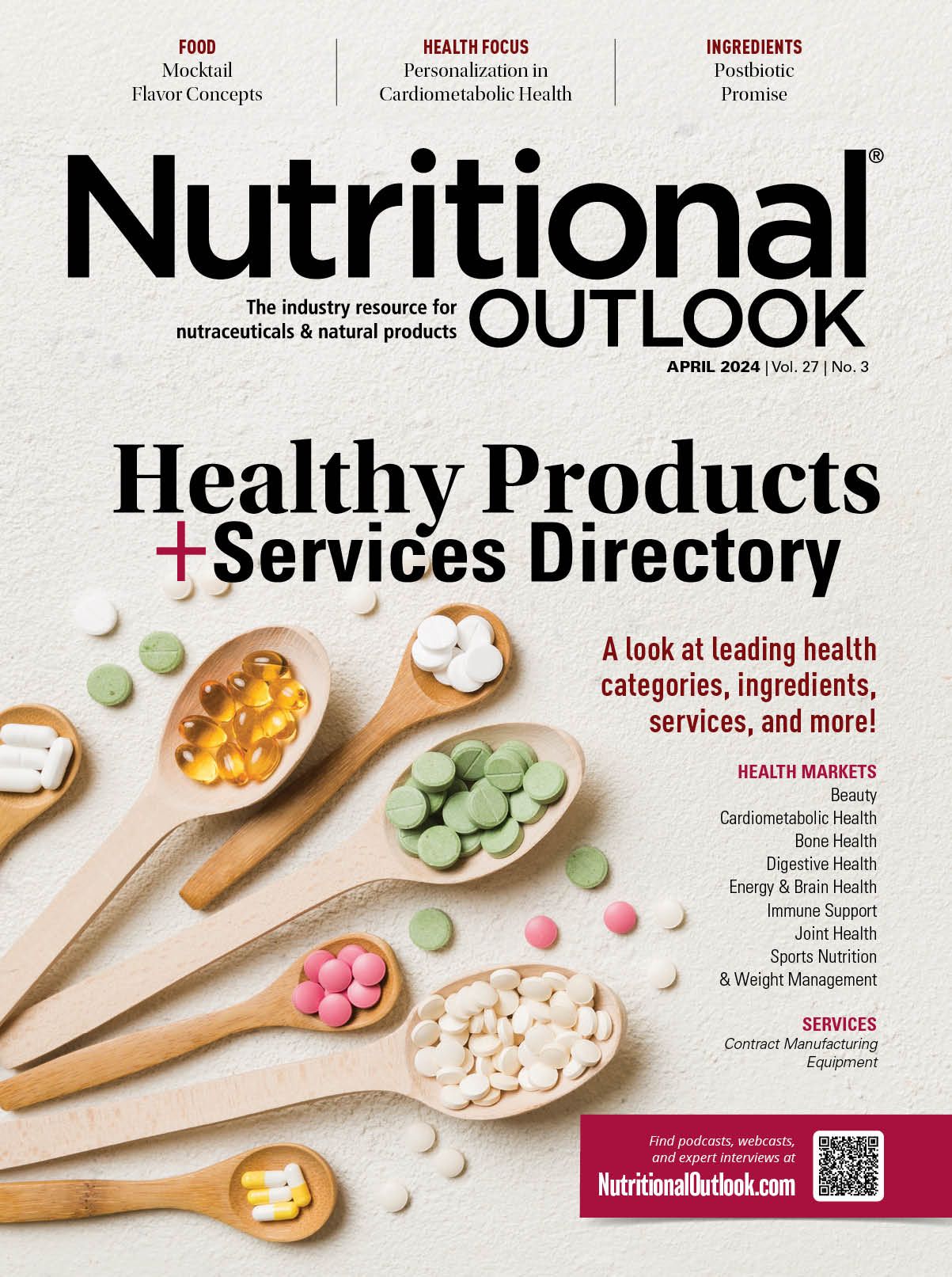
Prinova acquires Aplinova to further increase its footprint in Latin America
April 7th 2025Prinova has recently announced the acquisition of Brazilian ingredients distributor Aplinova, which is a provider of specialty ingredients for a range of market segments that include food, beverage, supplements, and personal care.



